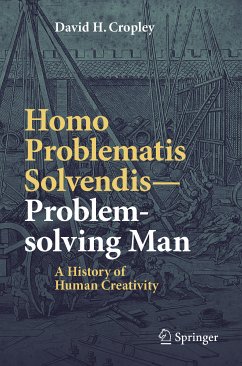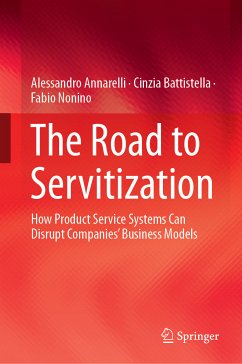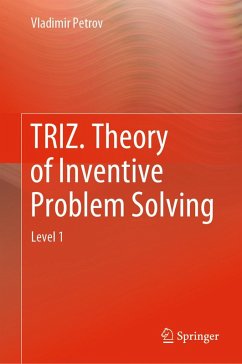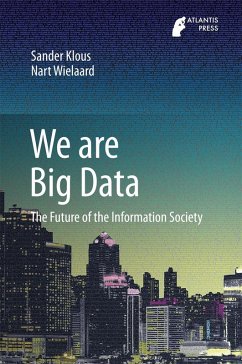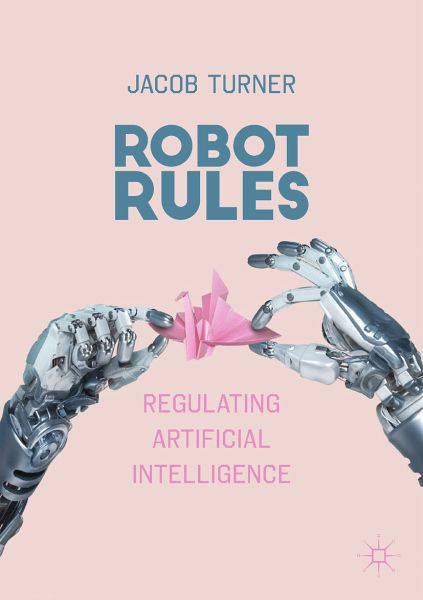
Robot Rules (eBook, PDF)
Regulating Artificial Intelligence

PAYBACK Punkte
13 °P sammeln!
This book explains why AI is unique, what legal and ethical problems it could cause, and how we can address them. It argues that AI is unlike any other previous technology, owing to its ability to take decisions independently and unpredictably. This gives rise to three issues: responsibility--who is liable if AI causes harm; rights--the disputed moral and pragmatic grounds for granting AI legal personality; and the ethics surrounding the decision-making of AI. The book suggests that in order to address these questions we need to develop new institutions and regulations on a cross-industry and ...
This book explains why AI is unique, what legal and ethical problems it could cause, and how we can address them. It argues that AI is unlike any other previous technology, owing to its ability to take decisions independently and unpredictably. This gives rise to three issues: responsibility--who is liable if AI causes harm; rights--the disputed moral and pragmatic grounds for granting AI legal personality; and the ethics surrounding the decision-making of AI. The book suggests that in order to address these questions we need to develop new institutions and regulations on a cross-industry and international level. Incorporating clear explanations of complex topics, Robot Rules will appeal to a multi-disciplinary audience, from those with an interest in law, politics and philosophy, to computer programming, engineering and neuroscience.
Dieser Download kann aus rechtlichen Gründen nur mit Rechnungsadresse in A, B, BG, CY, CZ, D, DK, EW, E, FIN, F, GR, HR, H, IRL, I, LT, L, LR, M, NL, PL, P, R, S, SLO, SK ausgeliefert werden.



